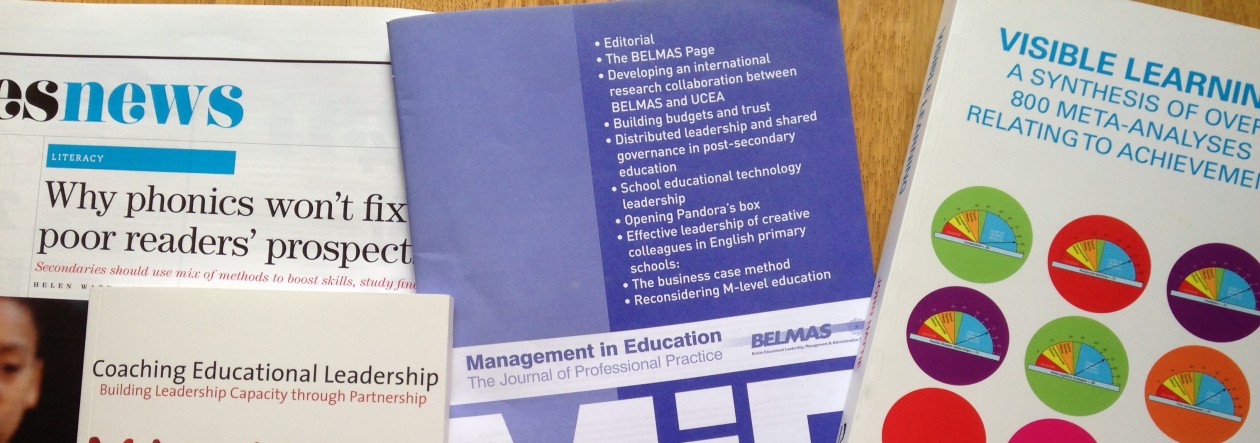Worth, J. and Van den Brande, J. (2020) Teacher
autonomy: how does it relate to job satisfaction and
retention? Slough: NFER.
KEY FINDINGS
Teachers are 16 percentage points less likely
than similar professionals to report having ‘a
lot’ of influence over how they do their job
38 per cent of teachers say that they
have ‘a little’ or ‘no’ influence over their
professional development goals
Teacher autonomy is lower among early
career teachers and higher among
senior leaders
Teacher autonomy is strongly associated
with improved job satisfaction and a greater
intention to stay in teaching
Increasing teachers’ reported influence over
their professional development (PD) goals
from ‘some’ to ‘a lot’ is associated with a
nine percentage point increase in intention
to stay in teaching
The ‘other professions’ include ‘scientists, researchers,
engineers, doctors, nurses, lawyers, librarians’ p 08.
The graphic on this page is interesting. On p 09 it is noted that “only state sector health professionals” have less autonomy than teachers.
p 11 reports that autonomy does not increase with length of experience/ age as it does in other professions.
“… in general, teachers who stay in the classroom after their first five years do not experience increased autonomy as their careers progress and are likely to only if they enter leadership roles.”
NFER found that autonomy is significantly lower
for teachers in School Trusts, compared
to local authority maintained schools.


You must be logged in to post a comment.